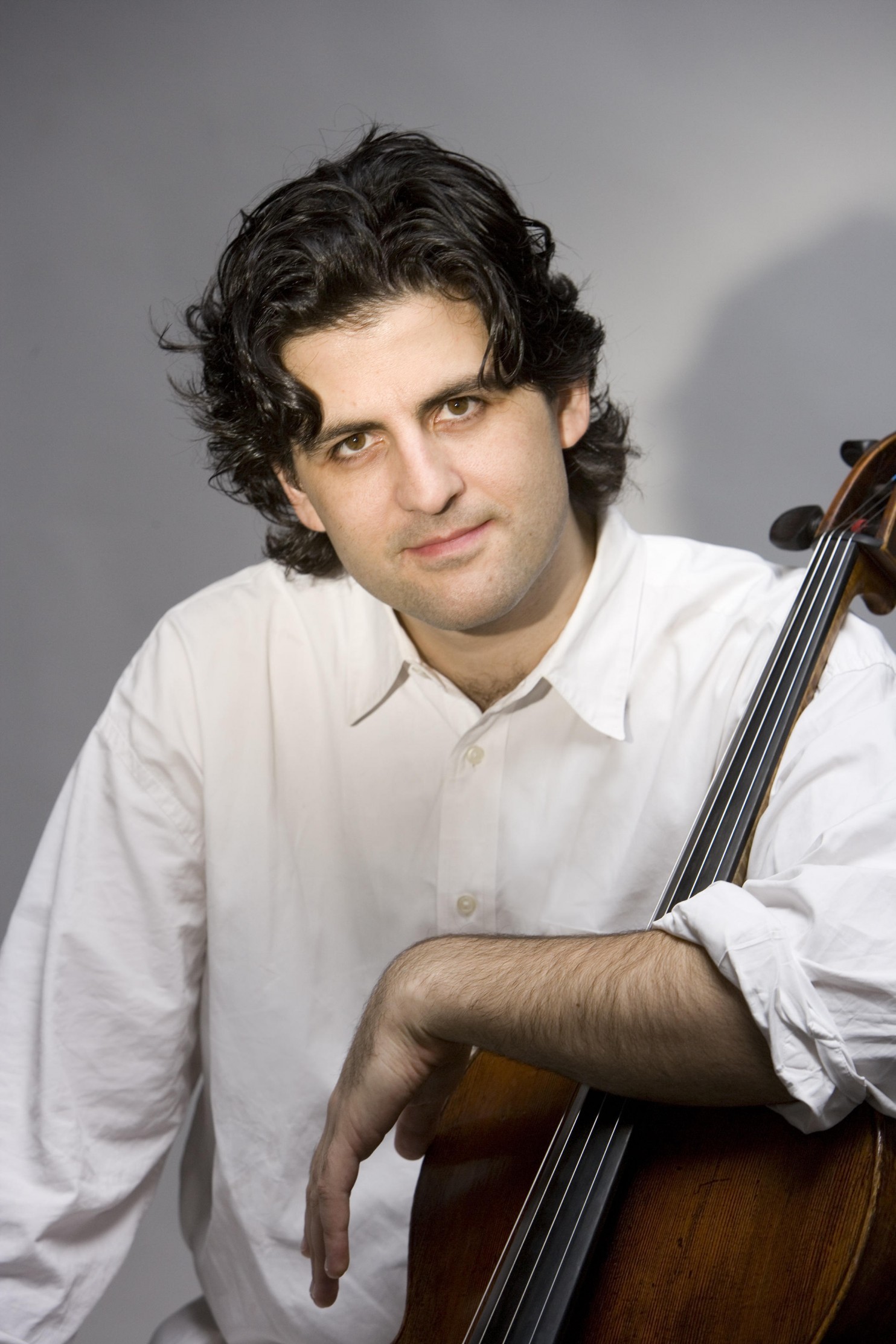By Stephen Brookes • The Washington Post • November 9, 2015
In the pantheon of cello gods, a place is surely reserved for the late, great Pablo Casals — not least for rescuing from obscurity the six magnificent suites for solo cello by Johann Sebastian Bach. So it was fascinating to hear an unusual tribute to Casals at the Kennedy Center’s Terrace Theater on Sunday, when — courtesy of Washington Performing Arts — the Israeli-born cellist Amit Peled re-created a concert Casals gave at the Peabody Conservatory in Baltimore in 1915 — and performed it on Casals’s own cello. Amit PeledCasals was nothing if not expressive — perhaps even to a fault. Some of his recordings can sound like a hot mess to modern ears, with their luxurious rubatos and approximate intonations and not-exactly-subtle phrasing. But Peled (with Noreen Polera at the piano) blended Casals-like passion with rigorous discipline, turning in a detailed, intensely focused program that featured lighter works — Beethoven’s variations on a theme from Mozart’s “The Magic Flute,” three lyrical pieces by Gabriel Fauré and an early Handel sonata — and the centerpiece of the afternoon, Bach’s Cello Suite No. 3 in C, BWV 1009.
Amit PeledCasals was nothing if not expressive — perhaps even to a fault. Some of his recordings can sound like a hot mess to modern ears, with their luxurious rubatos and approximate intonations and not-exactly-subtle phrasing. But Peled (with Noreen Polera at the piano) blended Casals-like passion with rigorous discipline, turning in a detailed, intensely focused program that featured lighter works — Beethoven’s variations on a theme from Mozart’s “The Magic Flute,” three lyrical pieces by Gabriel Fauré and an early Handel sonata — and the centerpiece of the afternoon, Bach’s Cello Suite No. 3 in C, BWV 1009.
The Bach was, in a word, stunning. Casals’s cello — made by Matteo Goffriller in 1733 — seemed almost toylike against Peled’s lanky 6-foot-5 frame (Casals clocked in at a modest 5-foot-4), but it has a rather spare and voicelike tone that lent itself well to Peled’s natural, human approach. The work came alive with a sense of deeply felt improvisation, almost of storytelling, yet he always maintained the radiant grandeur that lies at the heart of this music.
The afternoon ended with the only piece not on Casals’s original program — the world premiere of “La Suite dels Ocells,” by Lera Auerbach. Commissioned by Washington Performing Arts, the work is a sort of postmodern homage to Casals, drawing on the Bach suites and a song from the cellist’s native Catalonia and rethinking them in a contemporary musical language. Auerbach is a skillful composer, and there was much to admire in this bold, imaginative piece. But riffing on music that is as direct, timeless and self-contained as Bach’s (not to mention Catalan lullabies) is risky, and Auerbach’s 20-minute suite often skirted perilously close to sophisticated pastiche.